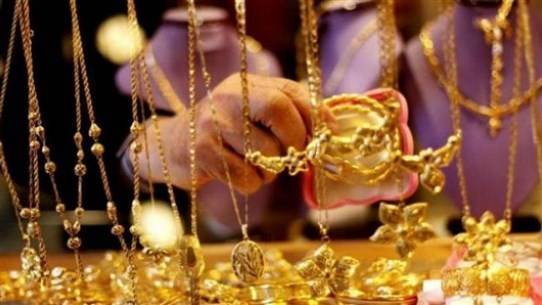It is not without reason that analyses from experts urge those with dollars to hold onto them. The implication, most likely, is that the exchange rate is subject to change, but in reality, keeping the green currency may stem from the dollarization of sectors, as is happening today, contrary to all laws. Everything is priced in dollars, of course, except for grocery stores, but that doesn't preclude the possibility that dollarization may soon apply to their products and supplies as well. The Lebanese pound is being squandered, and the "hundreds" that most Lebanese employees earn today are no longer effective; it is, in fact, a shame for the Lebanese people.
It is understandable that Lebanese tourism thrives with the dollar pricing and that the tourism sector profits in the summer season, but what is puzzling is the trend in other sectors towards adopting the dollar as part of commercial dealings or otherwise. Why the surprise? Everything is permissible as long as the country is in the midst of a collapse.
For those who do not understand the meaning of dollarization, it is a concept used when a country relies on the US dollar or another foreign currency officially, instead of or alongside its national currency. This process is sometimes referred to as currency substitution. Dollarization occurs, according to a study from Harvard University, when the central bank of a country is weak or its economy is unstable; thus, the state resorts to adopting an international currency as the official means of financial transactions to protect the economy from rampant inflation.
"Save your green dollars for your black day," says Sihem A. to the News Today agency, noting that as an employee, she has started converting her salary into dollars not to benefit from exchange rate fluctuations, but because most of what she buys is priced in dollars. She questions: How has this become possible in a country where employees receive their salaries in Lebanese pounds, and when converting this salary to dollars, it is almost worthless? She calls on business owners who still pay in the national currency to provide a fixed amount in dollars to cover some basic needs.
Since Father Youssef Nasr, the Secretary-General of Catholic schools, announced that private schools will collect part of the fees in dollars, Jozian reports feeling overwhelmed, stating that the amount charged for each student ranges between $400 and $500, in addition to the Lebanese tuition. She says she has hurriedly pawned her gold to be able to continue her children's education, especially since they are in advanced classes and transferring them to a public school is not feasible. She adds: I understand the teachers' demands, but what justifies this amount of fresh dollars required? Are all the materials used in schools imported? She notes that citizens have either surrendered to the status quo or are in a deep sleep, while a few others silently object.
Regarding dollarization, monitoring circles tell the News Today agency that action is required to impose balance and avoid exploiting the application of dollarization, as well as to limit its spread only to sectors that necessitate dealings in dollars. They point out that exceptions in Lebanon are always applied selectively or incorrectly. They highlight that dollarization has begun to carve its path and is likely to be implemented partially, like in Argentina, or fully, like in Ecuador and El Salvador. In light of this reality, the Lebanese have no choice but to continue exchanging what they have for some dollars for their food and drink, and if possible, for what they consider priorities.




